The Evil Fate of Singer Dalida: Success, Fame, and the Cycle of Deaths
Categories: Celebrities | Culture | Europe
By Pictolic https://pictolic.com/article/the-evil-fate-of-singer-dalida-success-fame-and-the-cycle-of-deaths.htmlBehind many success stories there are life dramas and years of hopelessness and despair. Most often, stars hide their troubles, and the viewer sees only a beautiful "picture". The life story of the French singer Dalida is filled with tragedies. She was able to overcome everything and become an idol for millions of people around the world. Unfortunately, the star never became happy.

Yolanda Cristina Gigliotti, as the future singer was called at birth, was born on January 17, 1933 in Cairo. Her father was an Italian who was a virtuoso violinist, and her mother was born in France and worked as a seamstress. Misfortunes followed Dalida almost from birth. At the age of 10 months, she contracted a dangerous infection that was difficult to treat.
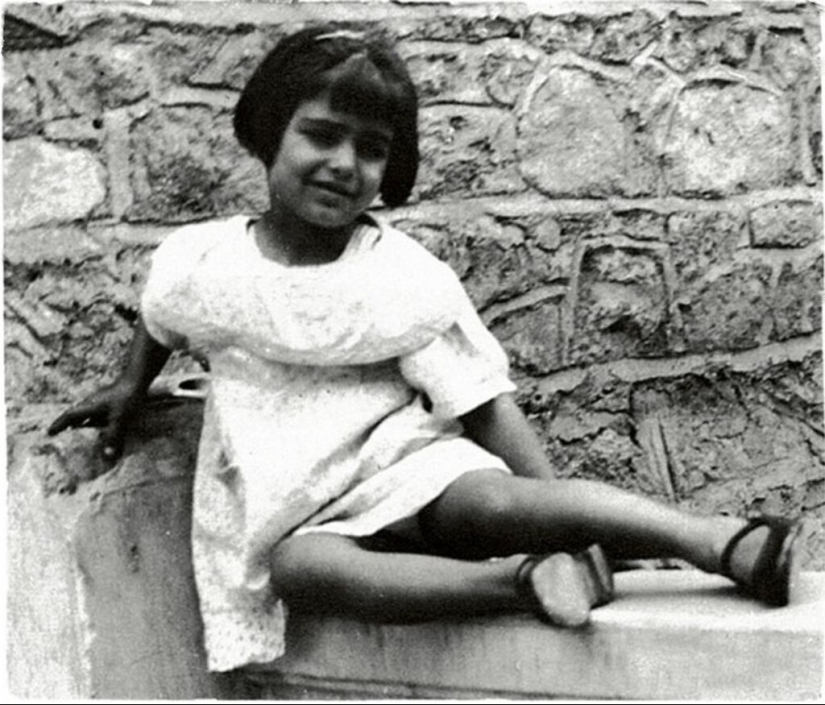
Due to a medical error, the girl developed vision problems. Dalida suffered from strabismus all her life, and even three surgeries could not solve her problem. The singer also could not be in the dark and always slept with the light on. At school, the girl was teased, which caused her to develop serious complexes. Dalida fought them by participating in beauty contests, and achieved success in this.
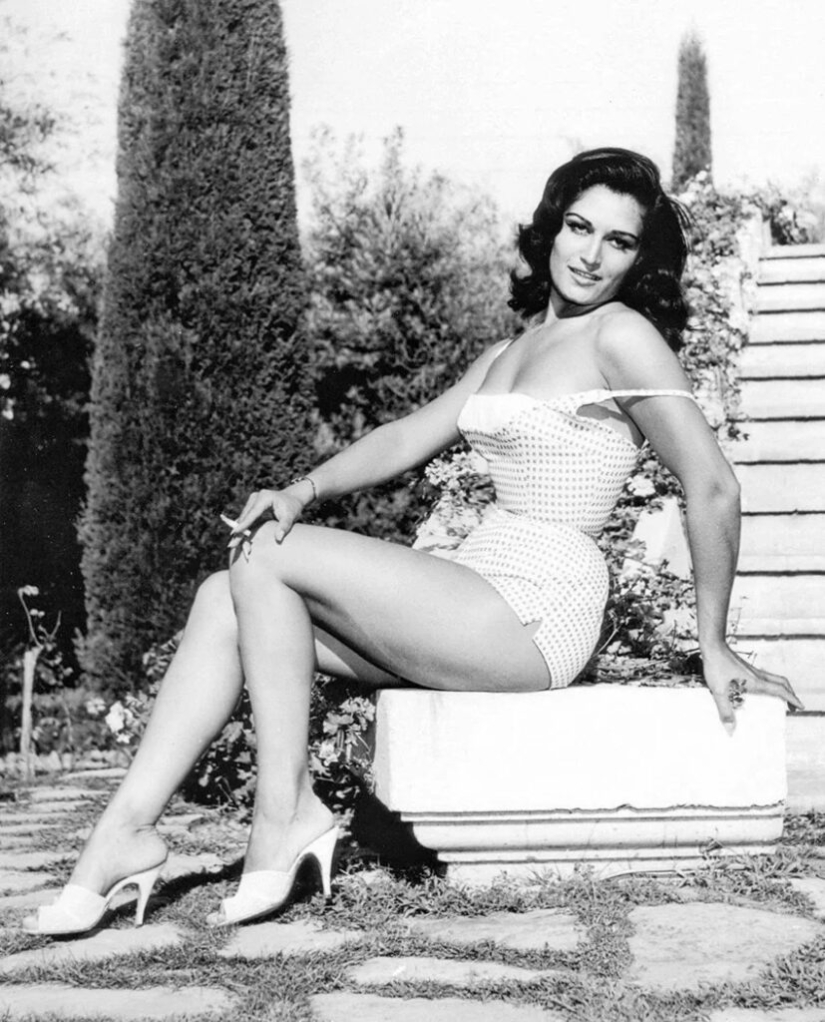
In 1951, the girl took second place in the Miss Undine contest, and in 1954 she became Miss Egypt. The winner was invited to work at the Donna modeling agency. Dalida participated not only in fashion shows and photo shoots. She can be seen in episodic roles in the films The Mask of Tutankhamun and A Glass and a Cigarette.
Because of cinema, Yolanda Gigliotti became Delilah. She took the resonant pseudonym in honor of the heroine of the biblical parable "Samson and Delilah." Later, the writer Alfred Machar advised changing one letter, and that's how Delilah was born. In 1954, the 20-year-old model left her native Egypt and went to conquer Paris. She saw herself as a film actress, but fate had other plans for her.
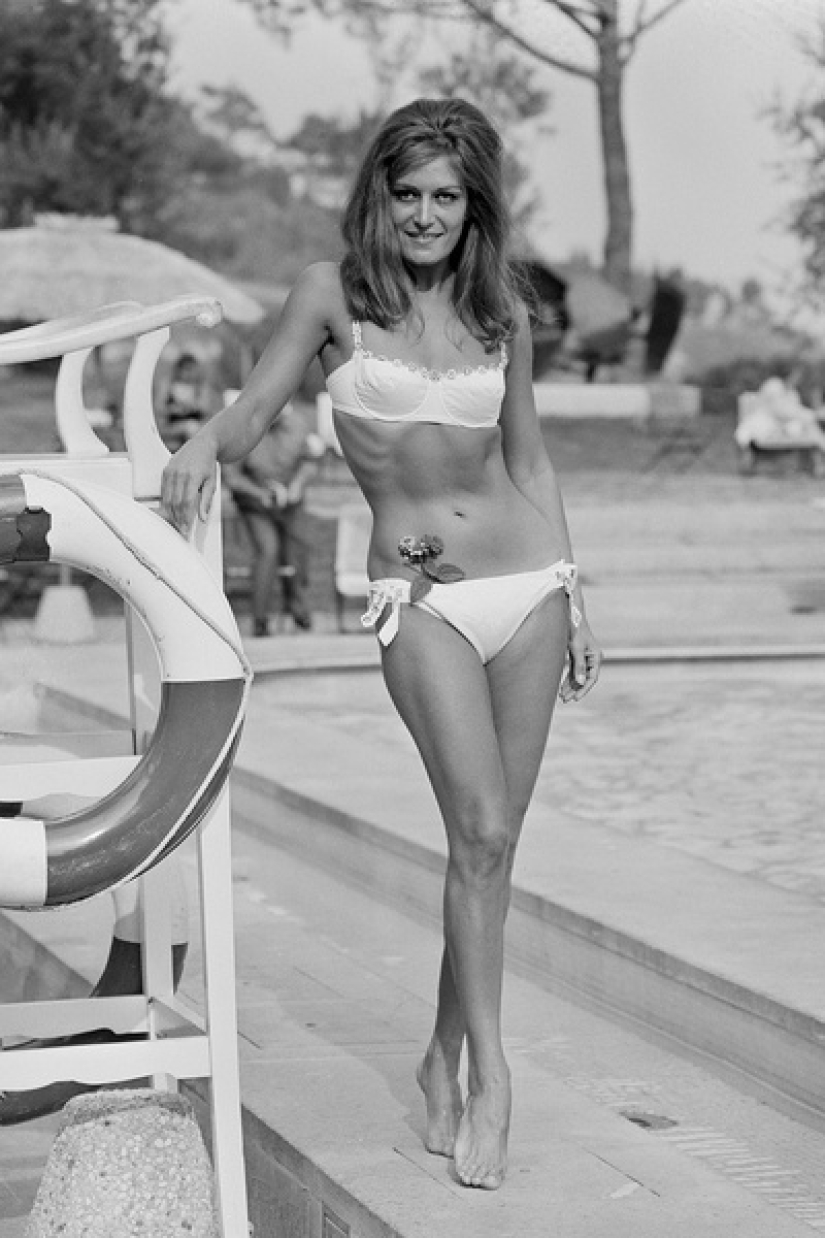
In France, the girl became interested in music and it turned out that she was much better at singing than acting. Soon, Dalida's talent was noticed by Lucien Morisse, the director of the Europe-1 radio station. This man changed her fate dramatically. The very first song recorded with Morisse's support, "Bambino," became a hit. It first made it into the most prestigious ratings in France and then thundered throughout the world.
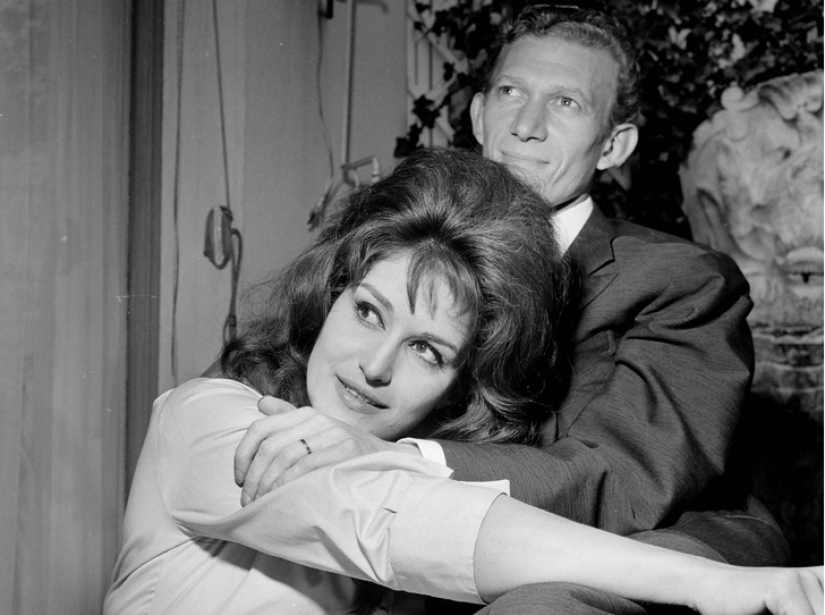
The young singer had no end of producers who offered to organize her performances at the most famous venues on the planet. Dalida became a real musical symbol of her era. It seems that life was a success. The singer's personal life also seemed happy. In 1961, she married Lucien Morisse, receiving French citizenship along with the engagement ring.
Dalida's first marriage was short-lived and broke up due to her fault. During one of her tours, she had an affair with a French artist. Her husband found out about the betrayal and could not forgive her. The couple divorced without any arguments or scandals, but continued to maintain business and friendly relations for many years.
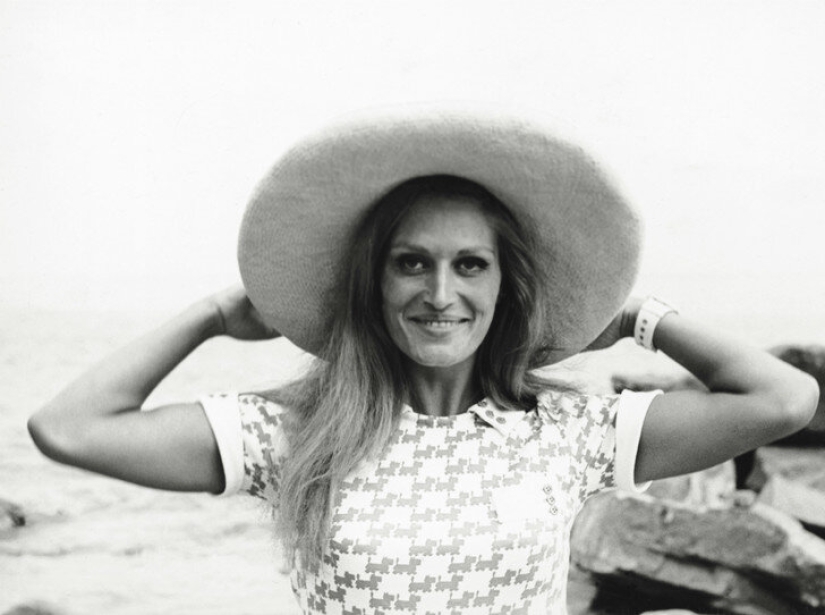
In 1967, a tragedy occurred that left an unhealed wound in the singer's soul. At the San Remo Music Festival, Dalida performed a duet with the 28-year-old Italian composer and singer Luigi Tenco. The audience received their composition "Goodbye, Love, Goodbye" rather coolly, and it received few votes.
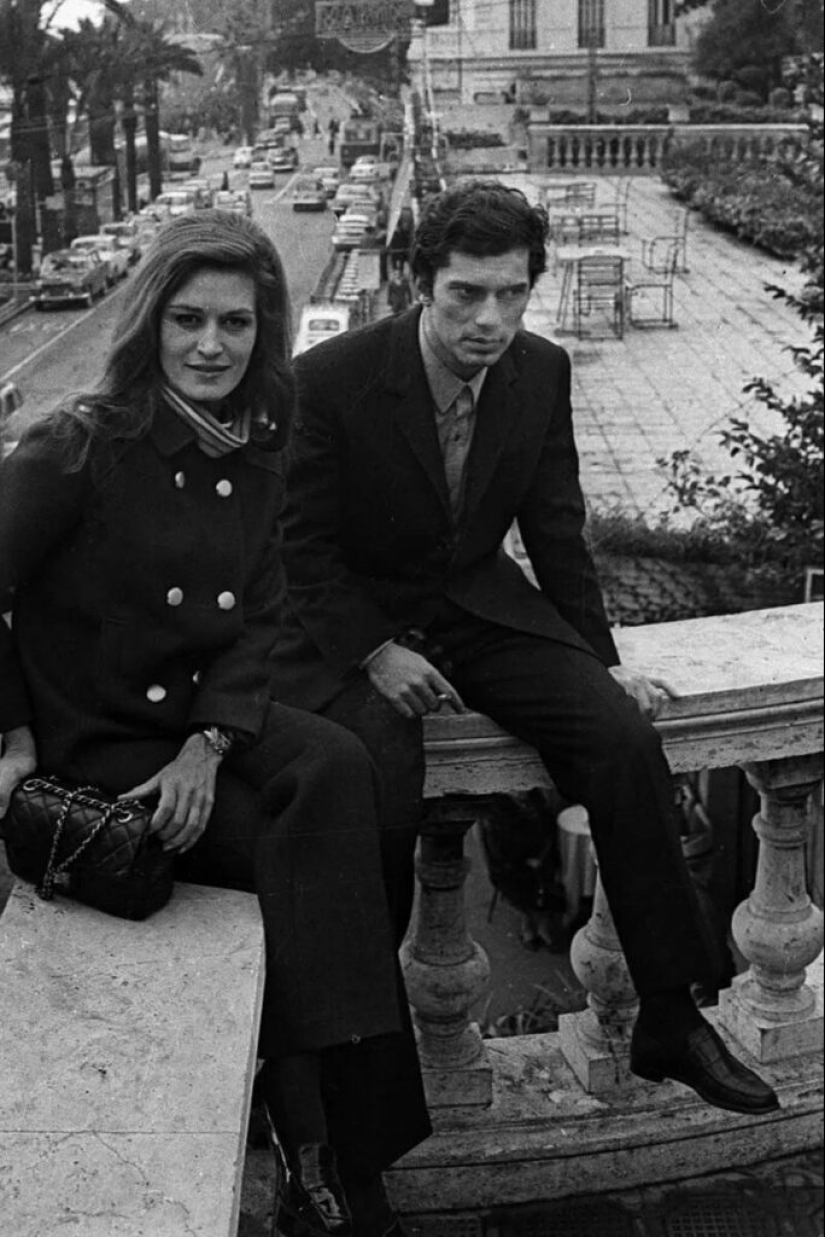
After learning that they had not made it to the finals, Tenko went to his hotel room and committed suicide. Dalida was the first to discover his body, and what she saw nearly drove her insane. After that, the singer tried to commit suicide for the first time, but she was miraculously saved.
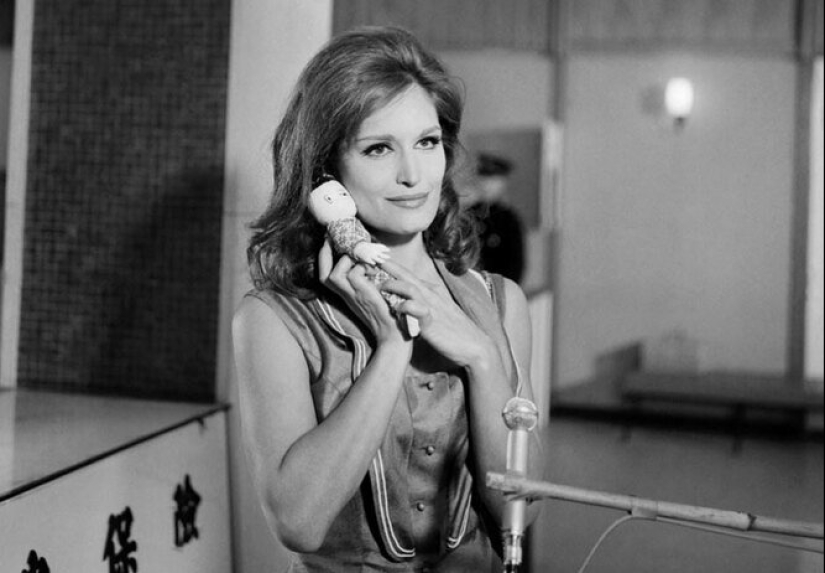
Dalida spent 90 hours in a coma in a Paris hospital. After recovery, it turned out that the star had lost her voice, and in addition, she began to have problems with her memory and hearing. Her ex-husband and only true friend Lucien Morisse helped her return to life, and soon Dalida began performing again.
After a pause, the singer's career took off again. She recorded a new album and sang the famous song "Paroles, paroles" with Alain Delon. This song became a worldwide hit, and rumors about the two stars' romance began to spread in society. Whether this was true or just speculation is not exactly known. In 1972, Dalida married the Parisian artist Richard Chanfre.
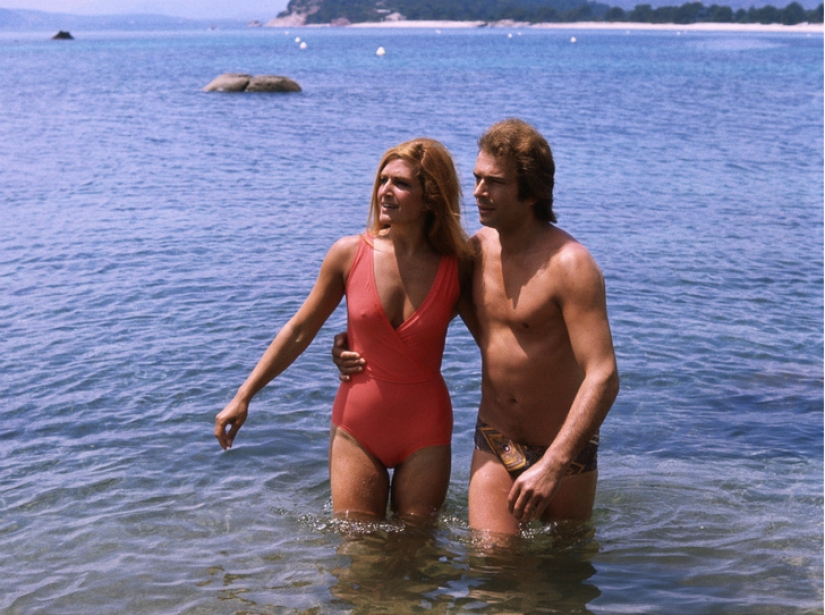
Their relationship lasted for 9 long years, but the couple had to break up. This time the marriage broke up due to the husband's fault. Chanfre was prone to adventures and constantly got into debt. Over time, scandals associated with this became the cause of divorce. Problems in personal life coincided with tragedy. Lucien Morisse committed suicide. The reasons for his actions are still unknown.
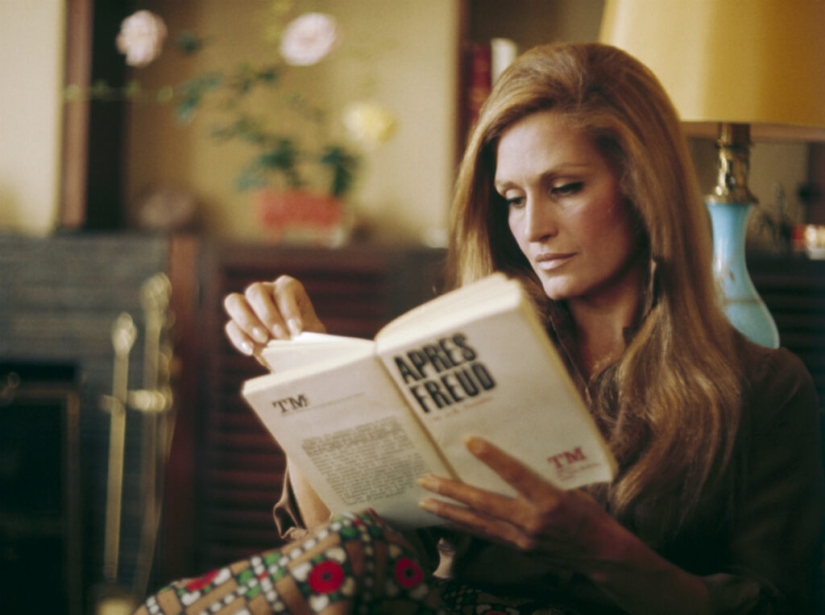
Dalida took the death of her friend very hard. She fell into a prolonged depression, but the public did not notice. The singer, as before, shone on stage, gifting the halls with a dazzling smile. Her songs invariably became hits, and in 1982 Dalida took the honorable second place in the rating of the most influential women of the Paris Match magazine.
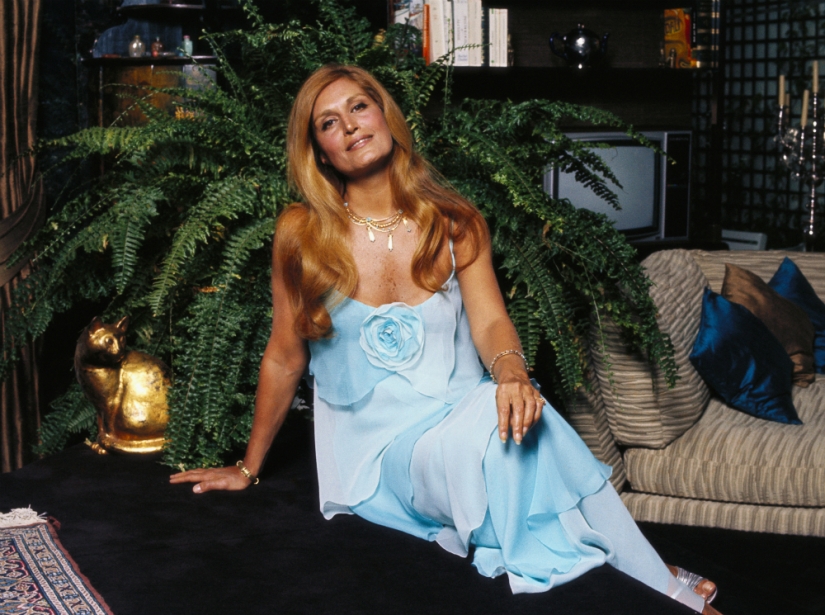
But the singer, whose age was steadily approaching 50, found it increasingly difficult to perform with each passing month. An eye disease she had acquired in childhood had worsened. The bright stage lighting caused Dalida unbearable pain. When she performed her songs, she could hardly see anything.
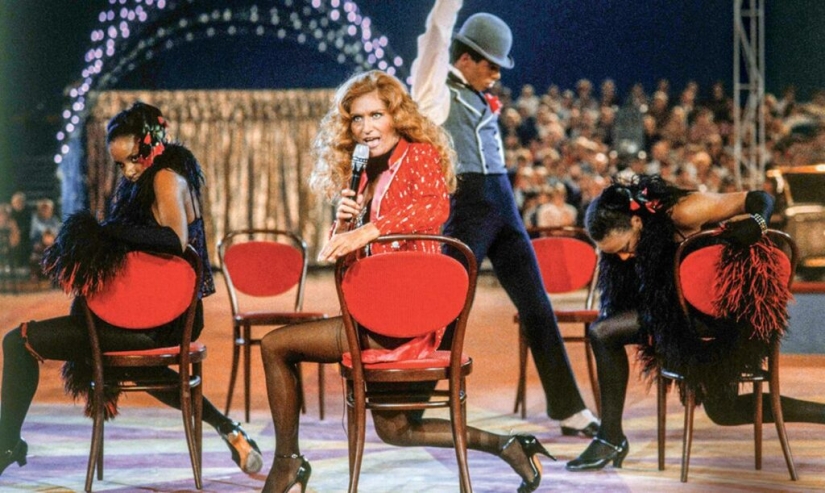
In 1983, Richard Chanfre committed suicide. Dalida's second husband was mired in debt, and pressure from creditors pushed him to take a desperate step. Another drama finally broke the singer. Having recorded her last album, "The Face of Love", in 1986 she again fell into depression, from which even the most experienced specialists could not bring her out.
On May 3, 1987, the 54-year-old singer voluntarily took her own life. Before her death, she wrote a short note explaining the reasons for her actions:
Thousands of people came to say goodbye to Dalida. Her tragic fate inspired writers, poets, artists and directors to create many works. Two films are dedicated to the singer: in 2005, the film "Dalida" was released, and in 2016 - "Dalida. Love and Passion".
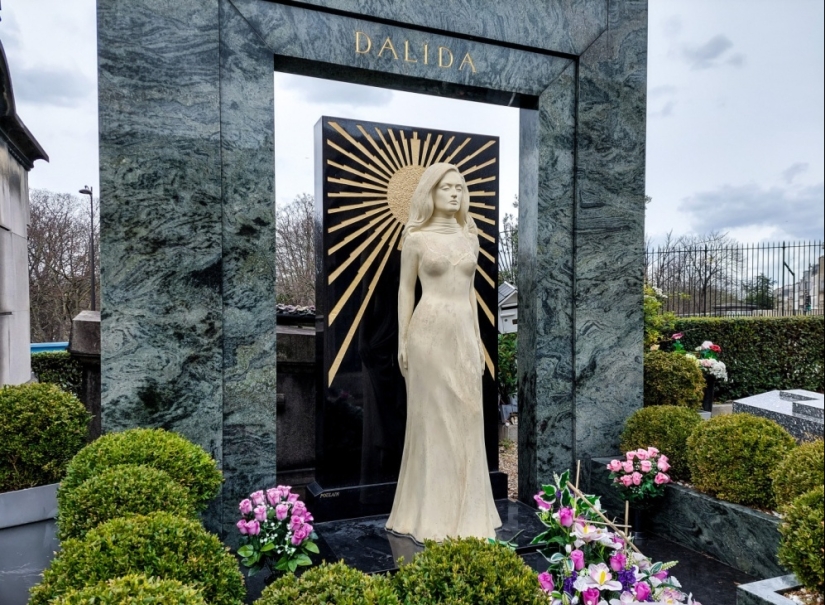
Dalida's life story is a tragic tale of incredible talent, success and deep personal pain. Despite all the difficulties, she reached the heights of the music industry and became an idol of millions. But behind the external brilliance were insurmountable internal conflicts and dramas. Dalida continued to delight her fans even when her own life became unbearable. Her bright but fleeting path left an indelible mark on the world of art and in the hearts of people who continue to remember and love her work.
Recent articles

It's high time to admit that this whole hipster idea has gone too far. The concept has become so popular that even restaurants have ...

There is a perception that people only use 10% of their brain potential. But the heroes of our review, apparently, found a way to ...

New Year's is a time to surprise and delight loved ones not only with gifts but also with a unique presentation of the holiday ...